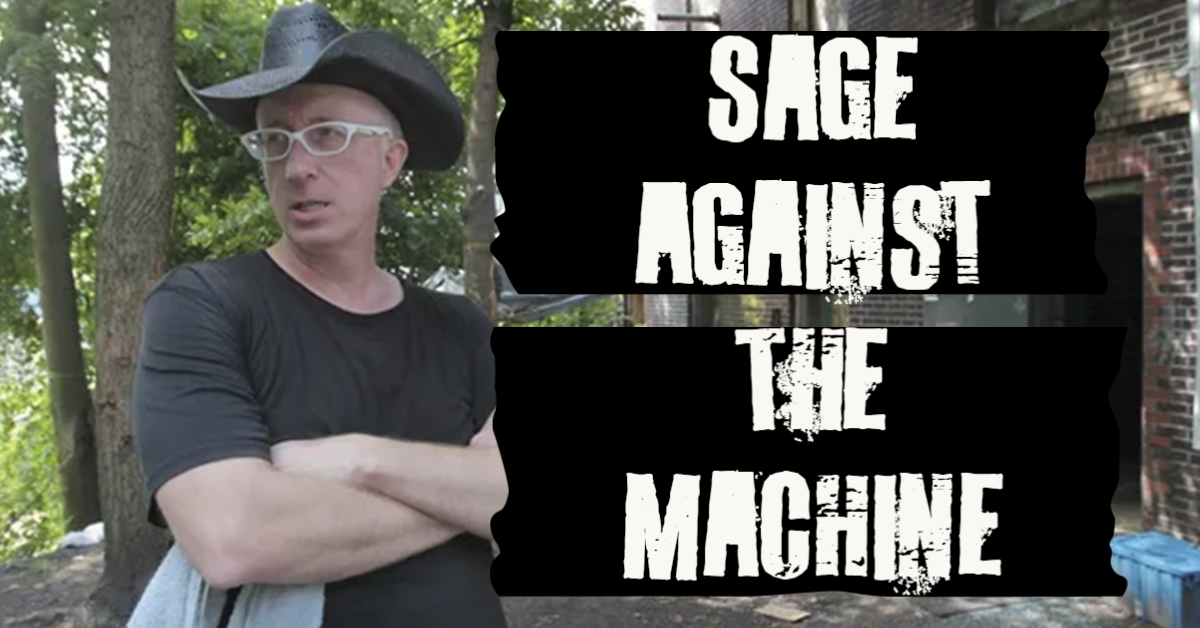I thought maybe the Covid would change the mentality of city governments towards their homeless residents. I was wrong. They still despise them.
At Denny Park, Seattle quietly tries to remove homeless encampment | The Seattle Times
Dozens of police and parks employees descended Wednesday on Denny Park, where only a handful of homeless campers remained after outreach workers have been visiting for the last few months. The clearing of people and their belongings was for the most part quieter than bigger removals last year in Cal Anderson park or Little Saigon — where demonstrators protested the city removing camps during the COVID-19 pandemic — but a few activists did show up to help homeless campers, and there were loud confrontations with police when they were asked to leave.
“In a society that does not allow for upward social or economic mobility, our city refuses to provide the services and/or resources necessary for, at bottom, clean, safe and stable housing, adequate food and sustenance, and security for all of its residents,” the statement said. “Instead of earnestly trying to solve this issue, Seattle is choosing to actively demolish the physical communities our unhoused neighbors have created.”
Bend considers safe overnight parking locations for homeless residents – KTVZ
BEND, Ore. (KTVZ) –The Bend City Council was introduced Wednesday to two proposals that would permanently allow safe overnight parking protections in designated areas for people experiencing homelessness. Elizabeth Oshel, associate city attorney, said as of now, the city is allowing cars to park overnight in public areas through Oregon’s COVID-19 state of emergency declaration, but that protection is only temporary. The two new proposals would permanently add those protections to the city’s municipal code.
Clearing encampments, the agency explains, “increases the potential for infectious disease spread” by causing people to “disperse throughout the community and break connections with service providers.” But in New York City last year, officials went in the other direction: They nearly doubled the number of “cleanups” of places where homeless people were sleeping, which involved removing and discarding belongings. From March 1 to Dec. 12, the city performed 1,077 cleanups, compared with 543 during the same period in 2019. The statistic was released by the city in response to a Freedom of Information Act request by the Urban Justice Center, a nonprofit whose Safety Net Project helps homeless people.
